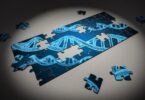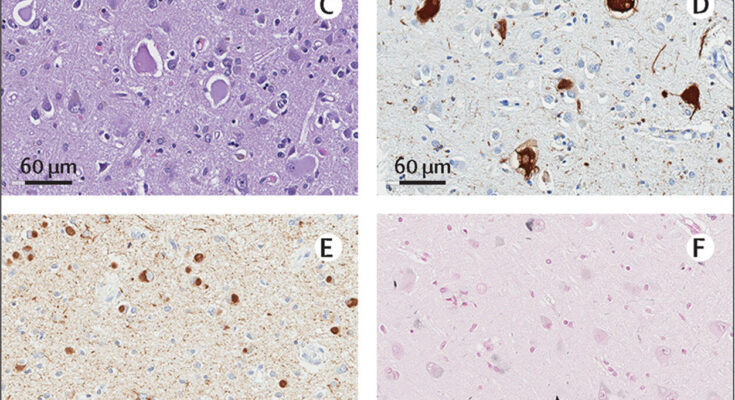Image:LaylaBird/Getty Images
Studies have found that endometriosis affects 10 to 15 percent of women of childbearing age. However, despite how common the disease is – and how debilitating its symptoms can be – we still know very little about what causes it. Treatment is also pretty bare bones, and options are limited to hormonal drugs such as birth control, conventional pain medication, and surgery, according to the Mayo Clinic. Fortunately, the tide is slowly starting to turn and some of the questions about endo – like whether or not endometriosis is genetic – are finally starting to get definitive answers.
For many years, scientists believed there was a genetic component to endometriosis, a condition that occurs when tissue in the uterus grows outside the uterus itself and leads to painful symptoms such as severe cramps. , fatigue and excessive bleeding, as well as “silence.” symptoms such as infertility and ovarian cysts.
A 1980 study was the first “systematic genetic study” of endo, involving 123 patients with surgically confirmed endometriosis. The researchers found that 5.9 percent of the subjects’ mothers and 8.1 percent of their sisters had endometriosis, compared to 0.9 percent in the control group — a significant difference that suggests endo runs in families. . Subsequent studies led to the same results, and scientists finally found that relatives of people with endometriosis are 5 to 7 times more likely to have it.
“Endometriosis appears to be genetic,” asserts Dr. Victoria Scott, a urologist who specializes in pelvic disorders and Doctors Down There. She tells SheKnows that the exact details are still unclear, as “the genes involved and how they are passed on to children are not fully understood.”
Continued research means we may be closer to knowing. A 2023 study led by researchers at the University of Oxford analyzed DNA from more than 60,000 people with endometriosis and more than 700,000 without it, representing the largest genetic study of the disease. They found 42 regions in the genome with “variables that increase the risk of endometriosis,” according to the press release, ultimately identifying “a number of differentially expressed genes [endometrial and blood] therefore had a possible role” in the development of endometriosis. They even found that the genetic difference between ovarian or cystic endometriosis (endometriosis that causes cysts in the ovaries) and general endometriosis throughout the pelvis.
With all of this being said, we will note that just because you have a family history of endometriosis does not mean that you will develop it too. “A lot of women who don’t have a family history of endometriosis get it, and a lot of women who have mothers or sisters who have the problem don’t really get diagnosed,” says Scott.
It is still important to recognize and study the genetic component of endometriosis, however, especially on a patient-to-patient basis. “Any medical condition with a known genetic or common condition is important to know when examining patients for symptoms that may be caused by a variety of causes,” says Dr. Karyn Eilber, a urogynecologist at Down There Doctors. For example, she tells SheKnows, “If a woman has abdominal pain and several family members have endometriosis then this should be on the list of causes of her abdominal pain, whereas if there is a strong family history of kidney disease, then it may be prosecuted first.”
In general, continuing to confirm and evaluate the genetic component of endometriosis may be the key to finding new ways to treat it. For example, a 2023 study found that many genes that may be involved in endometriosis also play a role in “pain perception and attention,” the press release said — and that there is a “shared genetic basis.” between endo and other chronic pain conditions. such as migraines and back pain. According to the study, the relationship suggests that something called central sensitization may be involved, a condition that occurs when a person with chronic pain actually experiences changes in their central nervous system, according to Cleveland Clinic Journal of Medicine – making them feel more pain than other types of pain.
What this means is that new, pain-focused treatments can be developed (or existing ones improved) for endo patients, providing an alternative to hormone therapy. or of the operator currently on the table. Senior author Krina Zondervan said the “wealth” of new genetic knowledge “will aid the research community in its efforts to develop new treatments and possibly new ways of diagnosing this disease.”
As the investigation continues, this is a good reminder: update your family medical history. If you have family members with endometriosis and are concerned about developing it yourself, “you should definitely discuss this with your gynecologist,” Dr. Scott says. “They can make individualized recommendations for testing and symptom monitoring, if needed.”
Before you go, check out our favorite beauty products to help you get through your period:

#Endometriosis #genetic #Heres #Matters





